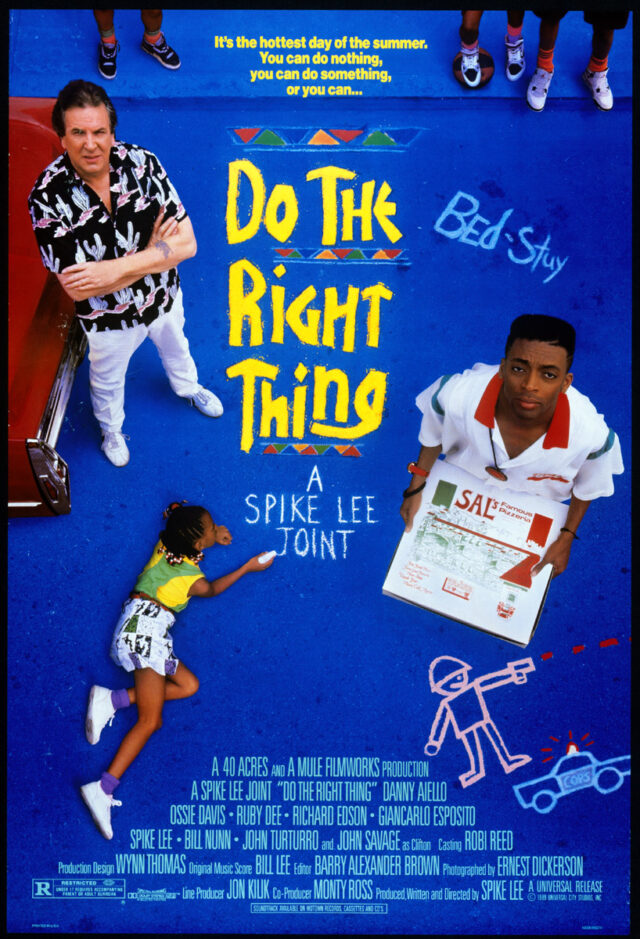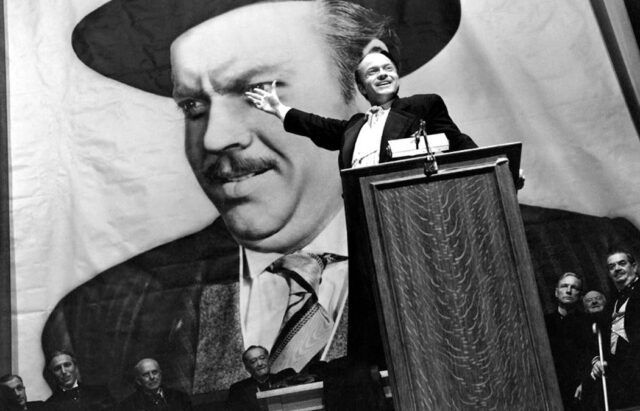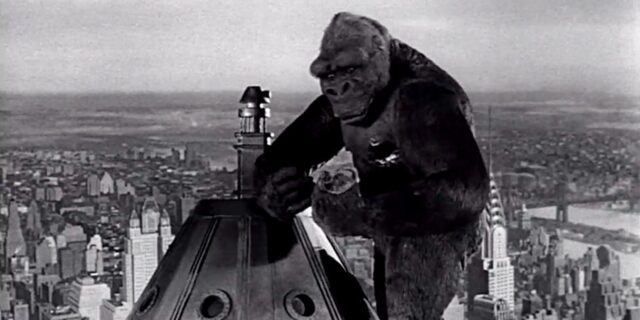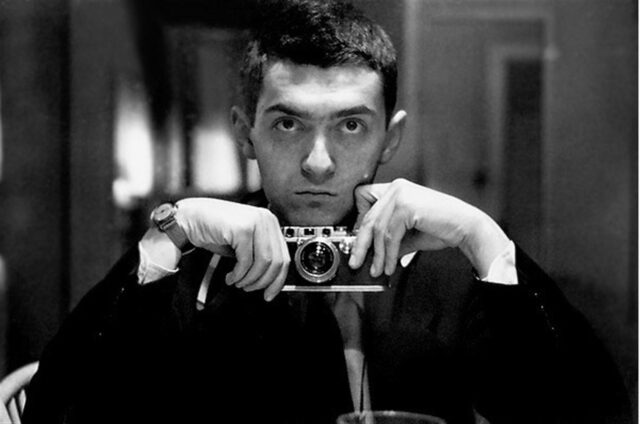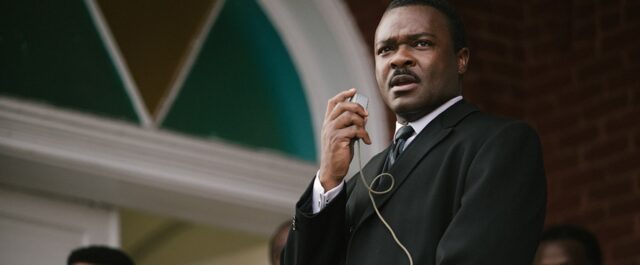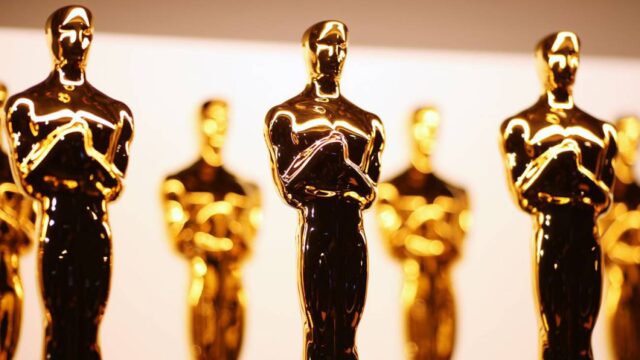
We can’t all be winners, and this is especially true for a limited field like the Oscars. But sometimes a movie or its crew are so astounding that a lack of a nomination or win leaves a bad taste in our mouths. These ten Oscar snubs are amongst the most baffling in history.
10Going Clear for Best Documentary
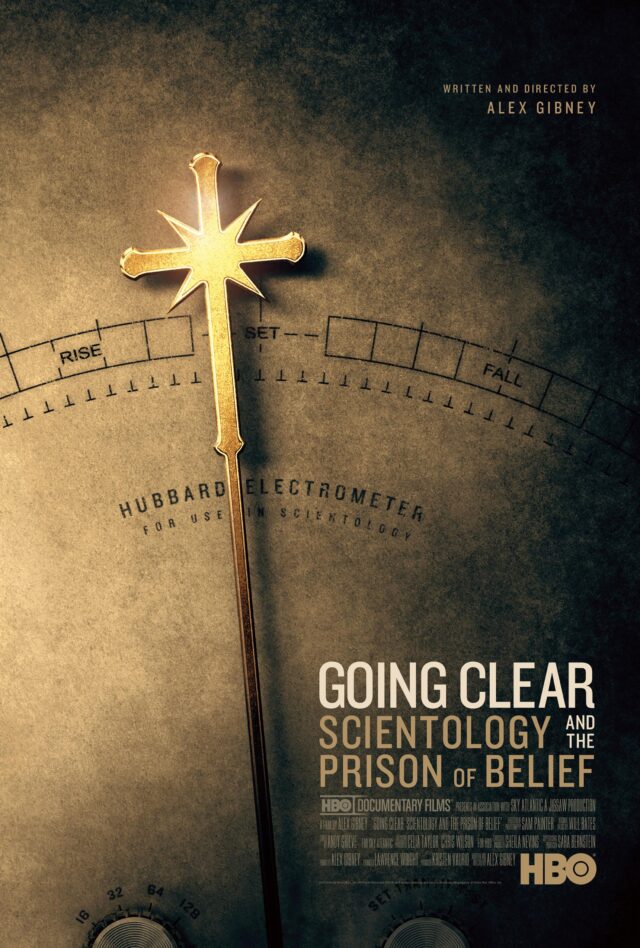
It’s rare that a documentary generates as much controversy as Going clear, a Scientology expose. The film had two theatrical runs and was the most-watched documentary on HBO in over a decade, but despite this, it was left off the list for Best Documentary. Naturally, some suspect that the church’s influence in Hollywood kept the film down.
9Leonardo DiCaprio for Best Actor in Titanic
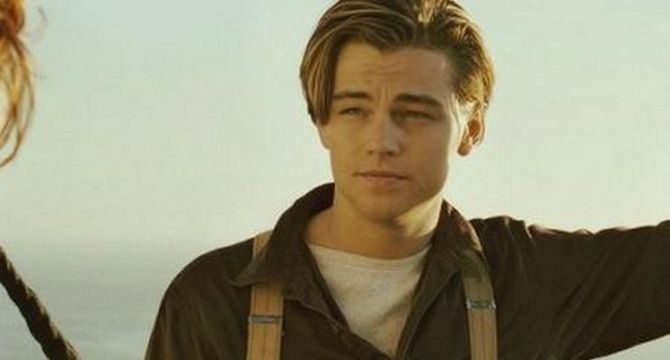
At the 70th award ceremony, Titanic won eleven awards, a record it shares with Ben-Hur and Lord of the Rings: The Two Towers. But despite seemingly blowing the minds of the jury, poor Leo wasn’t nominated for Best Actor. He wouldn’t win an Oscar until 2016 for The Revenant.
8Alfred Hitchcock for Anything
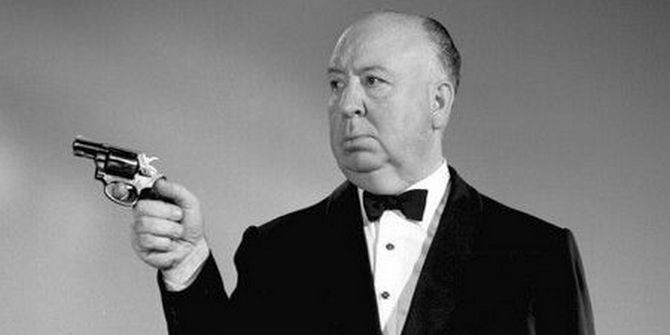
Hitchcock’s influence on suspenseful storytelling and horror cinema is something felt even now, and his films are still being dissected and studied today. So it’s only natural that he’d never win Best Director for his efforts despite being nominated five times (for Rebecca, Lifeboat, Spellbound, Rear Window, and Psycho).
7Jaws for Best Picture, Spielberg for Best Director
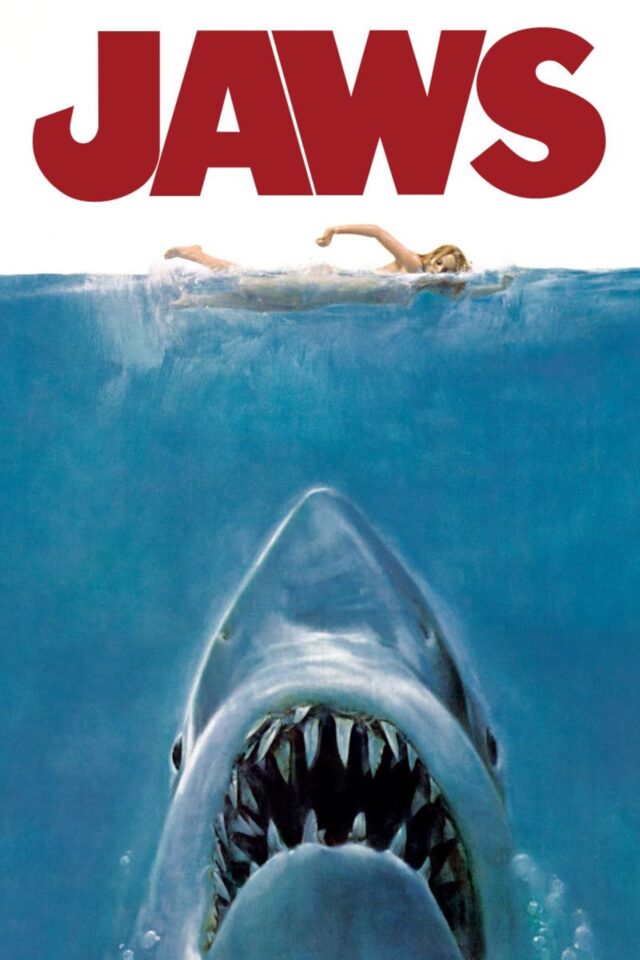
Jaws was the highest-grossing film of all time back in its day, so many were shocked when Jaws only won three Oscars (Best Film Editing, Best Sound, and Best Original Dramatic Score). But none were more shocked than Steven Spielberg himself: he brought a film crew to capture his response to the Academy’s nomination announcements live.
6Life Itself for Best Documentary
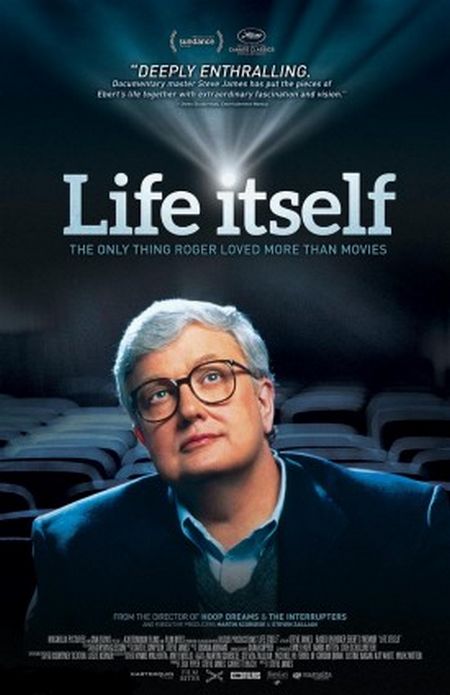
It was a forgone conclusion that Life Itself, the documentary on critic Roger Ebert’s life, would win Best Documentary, but it wasn’t even nominated. Unfortunately (or fortunately depending on how you look at it) it was a good year for documentaries and someone had to be left out in the cold. Still, there are those who considered the lack of a nomination disrespectful.
Recent years have seen heated discussion about racial diversity at the Oscars, but the issue isn’t a new one. Spike Lee’s Do the Right Thing, called that year’s best film by many critics, lost its only two nominations, neither of which were for best picture. That year’s big winner was Driving Miss Daisy, a decidedly safer racially-driven movie.
Routinely called the greatest film of all time, Citizen Kane was largely squashed by William Randolph Hearst, the primary inspiration for the movie’s main character, who attacked both the film and director. Hearst hindered the movie’s performance and rallied much of Hollywood against it.
Though it may seem goofy through today’s eyes, King Kong stands as a technical marvel, from set design to its use of stop motion animation. Ignoring that it went on to inspire an entire genre of movies, a visual effects category wasn’t introduced until 1938. Still, the film received zero nominations across the board.
Similar to Hitchcock, Kubrick never won Best Director. Similar to Hitchcock still, we look back now and recognize Kubrick as a visionary. Though the Oscar he did win, Best Effects for 2001: A Space Odyssey, was still important.
A major point of contention for film fans was Selma’s treatment at the Academy Awards. Netting one win of its two nominations (winning for music, losing Best Picture), a discussion was sparked about the Academy’s treatment of minority actors and films. Attention was drawn to the jury, which is largely white, to explain the lack of diversity amongst winners.

